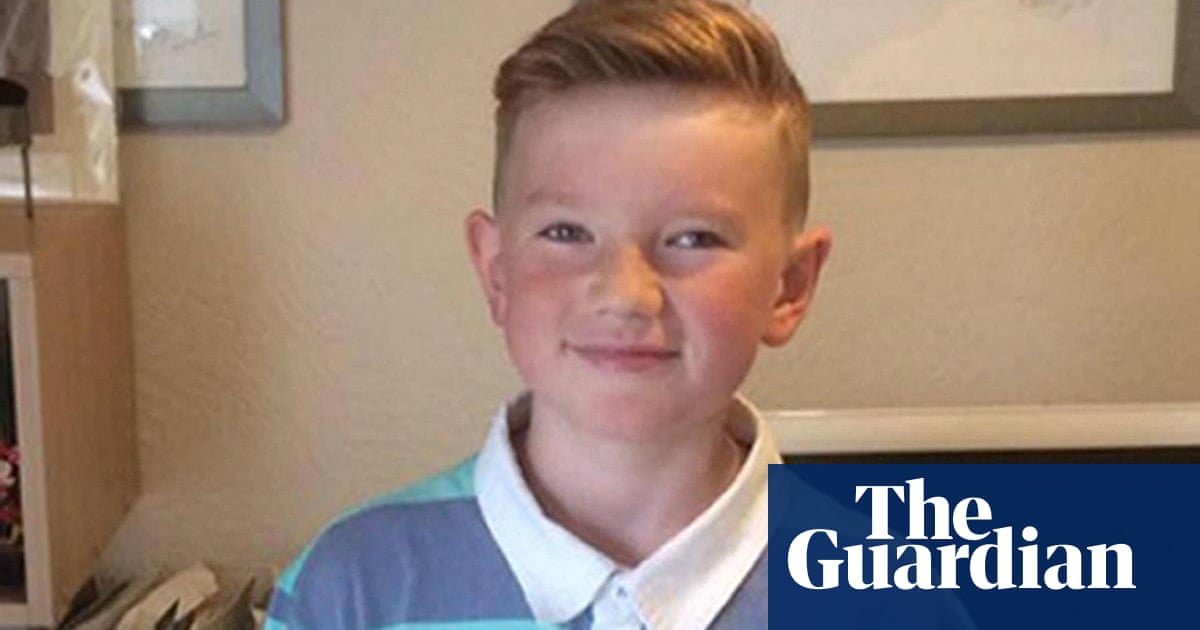
A court in Pakistan has caused outrage after it freed a convicted rapist when he agreed to marry his victim.
Dawlat Khan, 25, had been sentenced to life imprisonment in May by the district court of Buner, in north-western Khyber Pakhtunkhwa province, for the rape of a young deaf woman.
After an intervention by the area jirga, or council of elders, a deal was struck between Khan and the family of the woman, who had a child as a result of the attack. Khan was released on Monday after the deal was accepted by the Peshawar high court.
“The parties have patched up the matter by the intervention of the relative and elder of the family members, which is in the best interest of the parties. The compromise was affected in the best interest of the child and his mother being a special person,” read the court document.
The decision has angered rights groups and activists who say it legitimises sexual violence against women in Pakistan where the majority of rape cases go unreported.
Those that are reported are difficult to prosecute in Pakistan, according to Asma Jahangir of Legal Aid Cell, a group supporting vulnerable women. The conviction rate is low – less than 3% according the Karachi-based NGO War Against Rape.
Threats and coercion by family and society in rape cases are commonplace, and survivors and family generally settle the matter outside court fearing the stigma of a trial.
Pakistani human rights activist Tahira Abdullah expressed her outrage and condemnation at the outcome, especially the inhumanity of forcing a disabled woman to marry her rapist.
“Pakistan rape laws must be amended to change rape from a private crime against a person to a crime against the state, whereby the state should become the wali (protector) of the survivor and should prosecute the case – in order to prevent any form of private compromise, financial settlement, or “forgiveness” – which is forced by rich influential people against the poor and powerless and is always unjust to the raped person.”
Usama Malik, a human rights lawyer, said it was an “alarming” decision by the court. “Allowing the appeal has admitted that rape is a non-compoundable offence, has accepted the compromise decision of a local tribal council that comprises males only,” he said.
“The court has not only given precedence to the jirga’s decision over that of the trial court, but also precedence over the laws and the constitution of Pakistan. While Pakistan’s women protection laws have been improved over the past two decades, the mindset of the judges applying these laws remains medieval. This decision is not just a slap in the face of women across the country but also against disabled people, and gives the message that their bodies can be bought for a price.”












